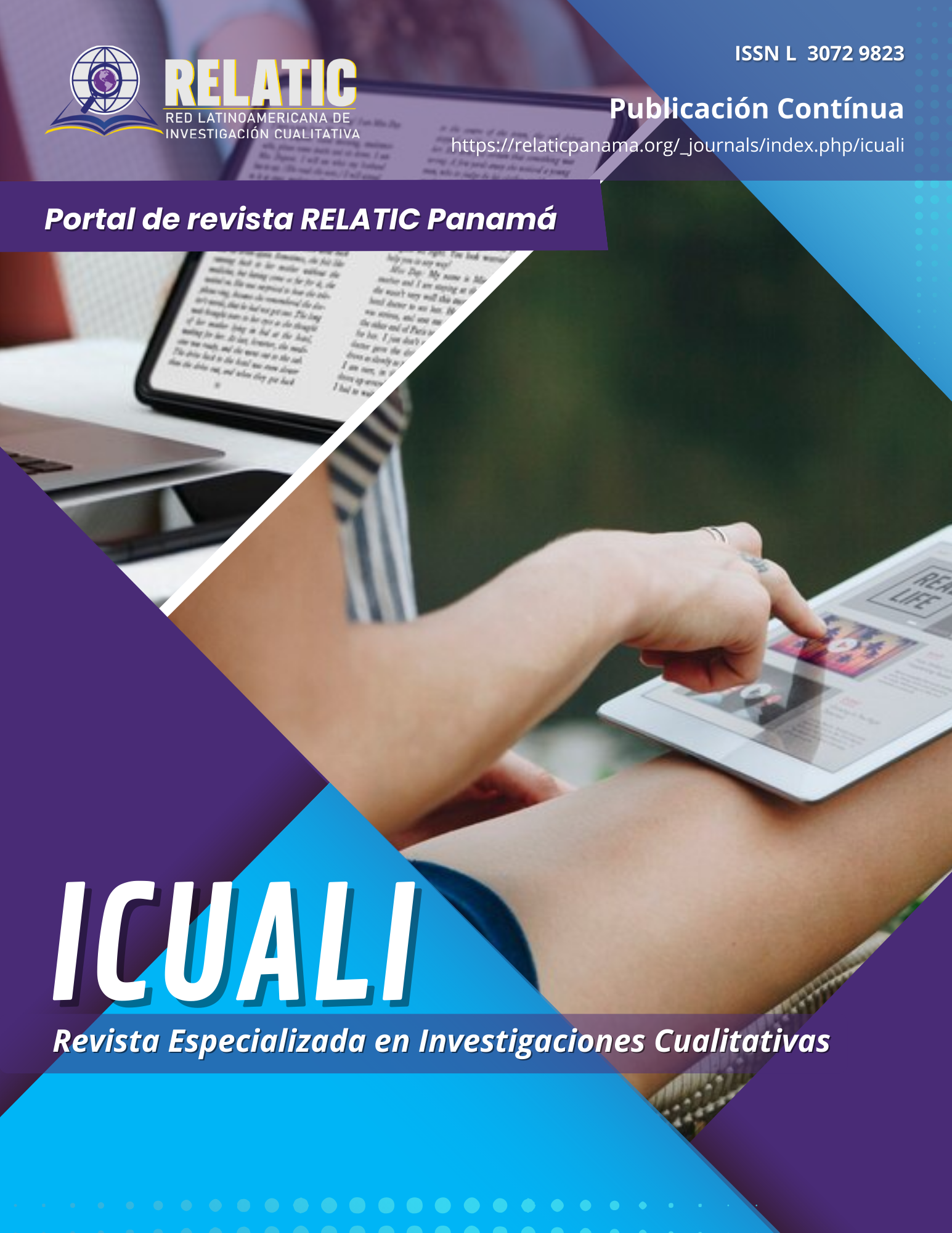Inclusion policy in Colombia: autism challenge for higher education
Main Article Content
Abstract
There are young people in particular circumstances with physical, emotional, psychological, cognitive or other conditions, limited to enter higher education. Faced with this, the state creates policies of inclusion in Colombian education. This research seeks to analyze the current situation of the inclusion policy in higher education in Colombia, with a focus on autistic people. Methodology: quantitative, descriptive study. A review of databases and reports on inclusion and autism in education in Colombia was carried out, and descriptive statistics were applied for data collection and analysis of the results obtained. Results: In Colombia, 426 thousand people have hearing problems, 370 thousand have difficulties in speaking or convesing, 489 thousand face difficulties in understanding, learning, remembering or making decisions on their own, physical disability and visual disability in women (5.9% and 6.9%) compared to men (4.7% and 4.3%). Autism (autism spectrum disorder - ASD) shows a notable difference between sexes, being frequent in men (11.4%), in women (4.2%) a total of 15.6% of the population. Likewise, specific learning or behavioral disorders, males (17.1%), females (13.3%). 70.9% are enrolled in higher education in 2020. Conclusion: More and more people in Colombia are diagnosed with a series of psychological, cognitive, social and neurological limitations that limit their admission to higher education, especially autistic young people. The inclusion policy aims to be an alternative, being a relevant need of public and educational institutions at present.
Downloads
Article Details
Issue
Section

This work is licensed under a Creative Commons Attribution-NonCommercial-ShareAlike 4.0 International License.


